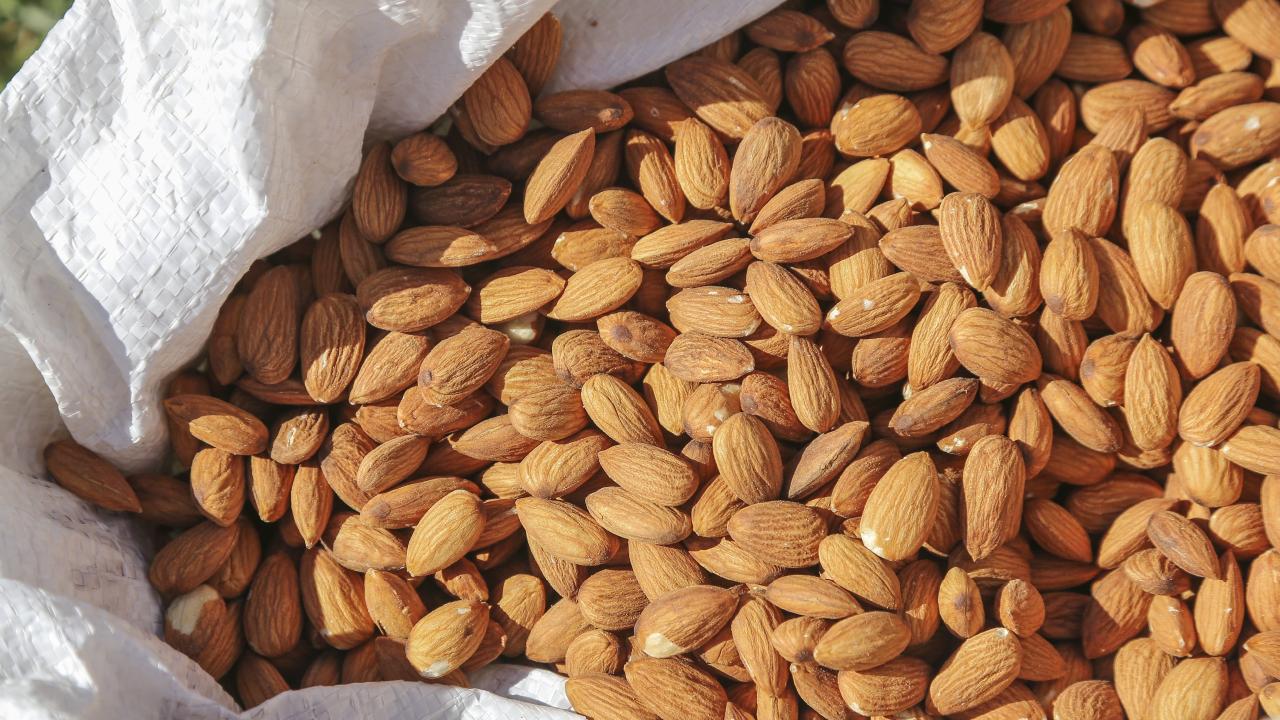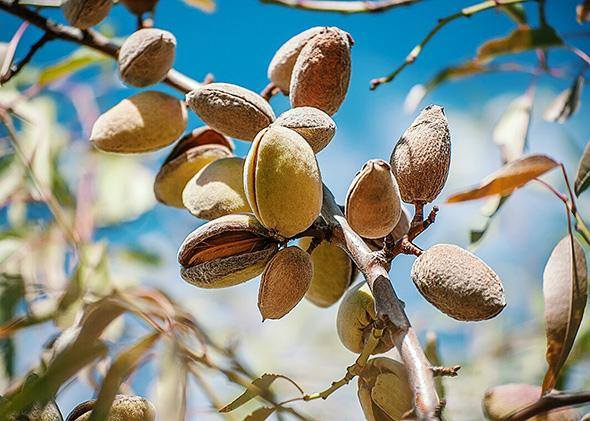



Any established industry needs a group of members to regulate it so that it functions like a well-oiled machine. Hence, the almond industry also has a regulatory body identified as the Almond Board of Australia (ABA). This organization not only facilitates the development of the sector, but it also attempts to widen the profitability of the industry. Moreover, the sustainability of the industry also depends upon the ABA.


The ABA is the foundational structure on which the almond domain is developing and growing on. Moreover, the ABA monitors any challenges that are posed to the productivity. Also, it keeps an eye on any market development changes by assessing the plans that are put forward by the almond industry. Some of the areas that the ABA keeps track of are risk management, better management of pests and diseases and yield improvement.


They come raw or roasted, sweet or salty, sprouted or unsprouted but they’re always crunchy and satisfying. Today, almonds are the star of the Nut Show. They come in lots of varieties, and they’re classified by their colour, shape and size. An ounce of almonds — that’s 24 little seeds — packs 180 calories, 6 grams of satisfying protein and 14 grams of heart-healthy fat. Restraint is required, but since these little nutrition nuggets are super satisfying, a little goes a long way.
The overall aim of this regulatory body is to provide a productive environment while boosting the viability of the domain’s industry participants. Moreover, the method through which the ABA achieves this is through the knowledge of its staff, the research providers, suppliers and the experts in the area. In fact, it is essential to note that the ABA manages almost all of the strategic plans of the almond industry, hence making it the ‘go-to’ organization for anything related to almonds.
Article by: Hari Yellina (Orchard Tech)